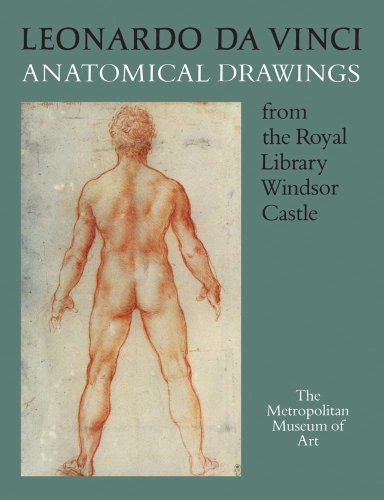
Leonardo da Vinci: Anatomical Drawings from the Royal Library, Windsor Castle
by Kenneth D. Keele, Jane Roberts
Publisher: Metropolitan Museum of Art 1983
ISBN/ASIN: 0300201079
ISBN-13: 9780300201079
Number of pages: 170
Description:
These fifty sheets of drawings of the human body by Leonardo, made between about 1485 and 1510-15, are based on the artist's own anatomical dissections and show his evolving understanding of physiology. The drawings demonstrate, as well, Leonardo's progress from technical mastery of his subject to consummate draftsmanship.
Download or read it online for free here:
Download link
(20MB, PDF)
Similar books
 Drawing for Beginners
Drawing for Beginnersby Dorothy Furniss - Bridgman Publishers
We must think with the brush and the pencil; we must think first and then draw round our 'think'. I hope that this book may help you to arrange your thoughts. It is but a helping hand on the broad highway that leads to the great world of art.
(16765 views)
 Blackboard Sketchings
Blackboard Sketchingsby Frederick Whitney - Milton Bradley Company
A great book for teachers, Art teachers and others, who want to add a little something extra to the classroom experience. Nicely illustrated with step-by-step instructions on how to draw lesson illustrations on a blackboard.
(12394 views)
 English Caricaturists
English Caricaturistsby Graham Everitt - Swan Sonnenschein & Co.
An entertaining history of caricature, and consequently of the events, political and social, of the nineteenth century. The book gives an elaborate estimate of the merits of the later caricaturists and a complete account of their lives.
(17781 views)
 The Art of Illustration
The Art of Illustrationby Henry Blackburn - W. H. Allen & Co.
The object of 'The Art of Illustration' is to explain the modern systems of Book and Newspaper Illustration, and especially the methods of drawing for what is commonly called 'process', on which so many artists are now engaged.
(15588 views)